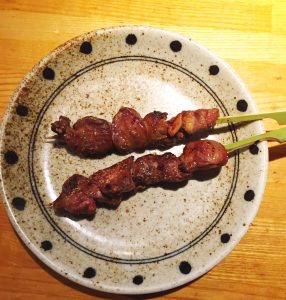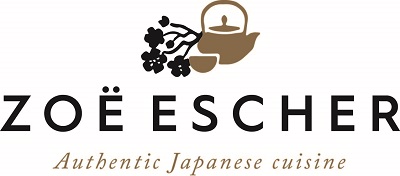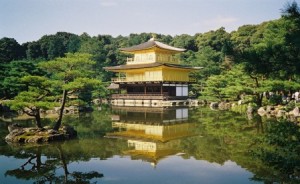 What makes the Japane cuisine very interesting is that it is very large and varied. There are many styles like sushi as most people know in Denmark and Europe.
What makes the Japane cuisine very interesting is that it is very large and varied. There are many styles like sushi as most people know in Denmark and Europe.
There are styles like tempura, classic stews, soups, noodles, sticks, dishes cooked on a roast plate, deep frying dishes, grilled dishes, cooked dishes, vegetarian dishes, appetizers, snacks, dessert. There is a wealth of Japanese styles.
There are so many styles that it is lige having the entire European cuisine located in Japanese cuisine.
The many food style make dining in Japan unqiue and very interesting. It is also the reason why the Japanese are the world’s longest living population.
You can read more about the course Traditional Japanese cooking class for beginners.
_
Zoë has lectured and held sushi courses for A. P. Moller – Maersk, Hugo Boss Nordic, Novo Nordisk, Novartis, Velux, Gorrissen Federspiel, Beierholm revision, Elbek & Vejrup and many more.

